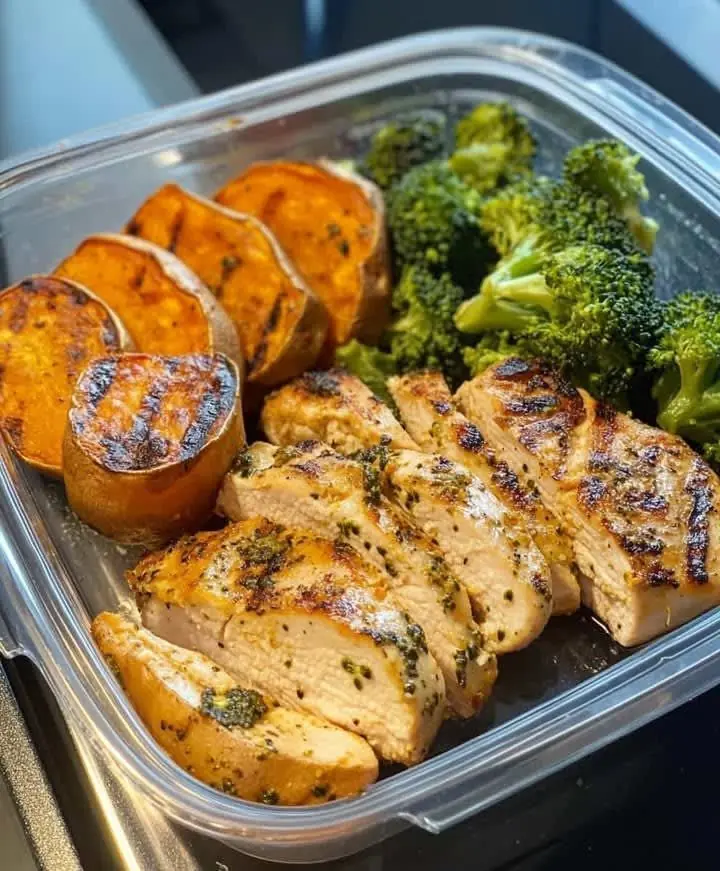
These 7 vegetables turn out to be super "oil absorbers", be careful because the more you eat, the fatter you get
These 7 Vegetables Are Surprisingly Super “Oil Absorbers” — Be Careful, the More You Eat, the Fatter You Get
Vegetables are generally known as healthy, low-calorie foods that help with weight management and overall wellness. However, some vegetables have unique properties that make them highly absorbent of cooking oils, potentially increasing the calorie content of your meals without you realizing it. Eating these vegetables in large amounts, especially when fried or cooked with excessive oil, can contribute to weight gain. Here are seven vegetables that are super “oil absorbers” and tips to enjoy them healthily.
1. Eggplant (Aubergine)
Eggplants have a spongy texture that soaks up oil like a sponge during cooking. This means fried or sautéed eggplant dishes can be much higher in calories than expected. To keep it healthier, try grilling or baking eggplant with minimal oil.
2. Okra
Okra’s mucilaginous (sticky) texture allows it to absorb a lot of oil during cooking. It’s delicious in fried dishes and stews, but be mindful of how much oil is used. Steaming or boiling okra can be a lower-fat alternative.
3. Mushrooms
Mushrooms tend to soak up oil quickly when sautéed due to their porous nature. Though nutritious, frying them in large quantities of oil can add unnecessary calories.
4. Zucchini
Like eggplant, zucchini is watery and absorbs oil readily. It’s often used in fried fritters or chips, which can turn a healthy vegetable into a calorie-dense snack.
5. Bitter Melon (Bitter Gourd)
Bitter melon is commonly stir-fried or deep-fried in some cuisines. Its porous surface absorbs oil easily, which can add up quickly in terms of calories.
6. Tofu (though not a vegetable, often cooked like one)
Tofu soaks up oil during frying and sautéing, making dishes heavier in calories. Baking or steaming tofu are healthier alternatives.
7. Lotus Root
Lotus root’s structure makes it absorbent to oil when fried. It’s a popular ingredient in many Asian fried dishes, but can be calorie-heavy if not prepared carefully.
Tips to Enjoy These Vegetables Without Overloading on Oil
-
Use cooking methods like steaming, boiling, grilling, or baking instead of deep-frying or pan-frying with excessive oil.
-
Use non-stick pans and spray oils lightly to reduce the amount of oil absorbed.
-
Drain fried vegetables on paper towels to remove excess oil.
-
Pair these vegetables with plenty of fresh greens and lean proteins for balanced meals.
Conclusion
While vegetables are essential to a healthy diet, some have the natural ability to absorb more oil during cooking, which can lead to increased calorie intake and potential weight gain if not prepared carefully. Being aware of how these vegetables interact with cooking oils can help you make better dietary choices and maintain your health goals.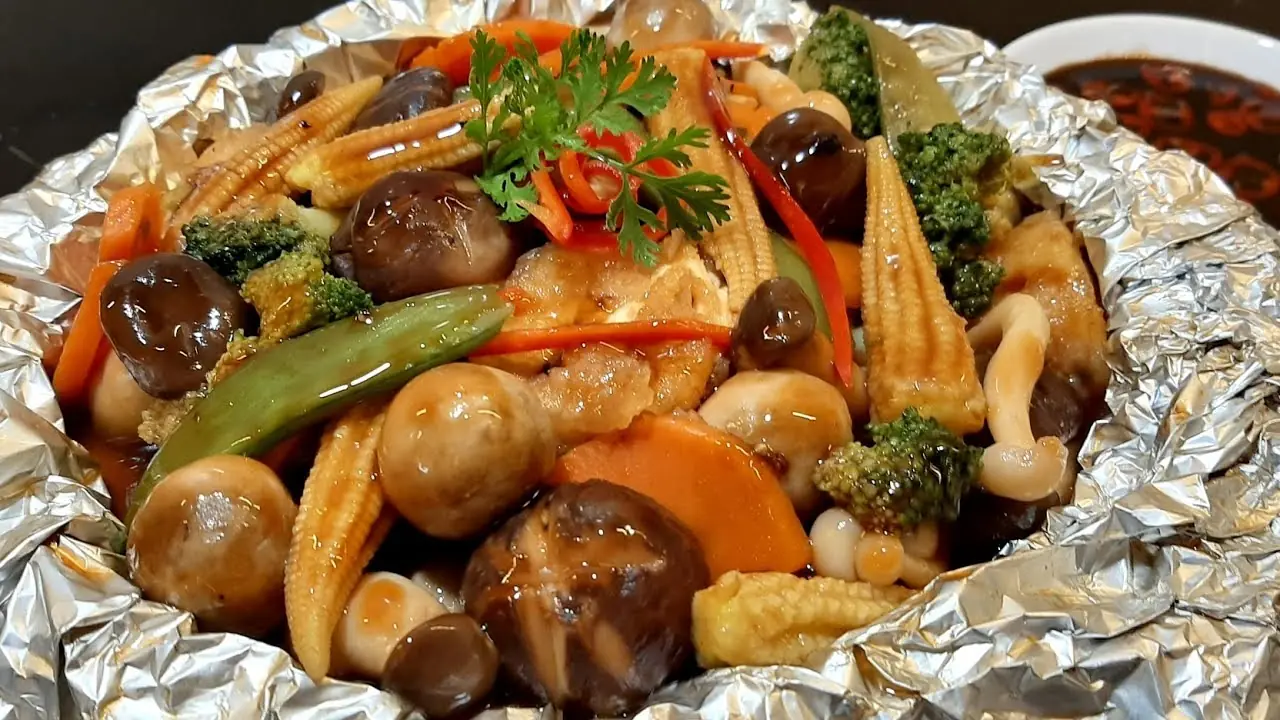
News in the same category


How to drive away an entire rat colony using simple household ingredient
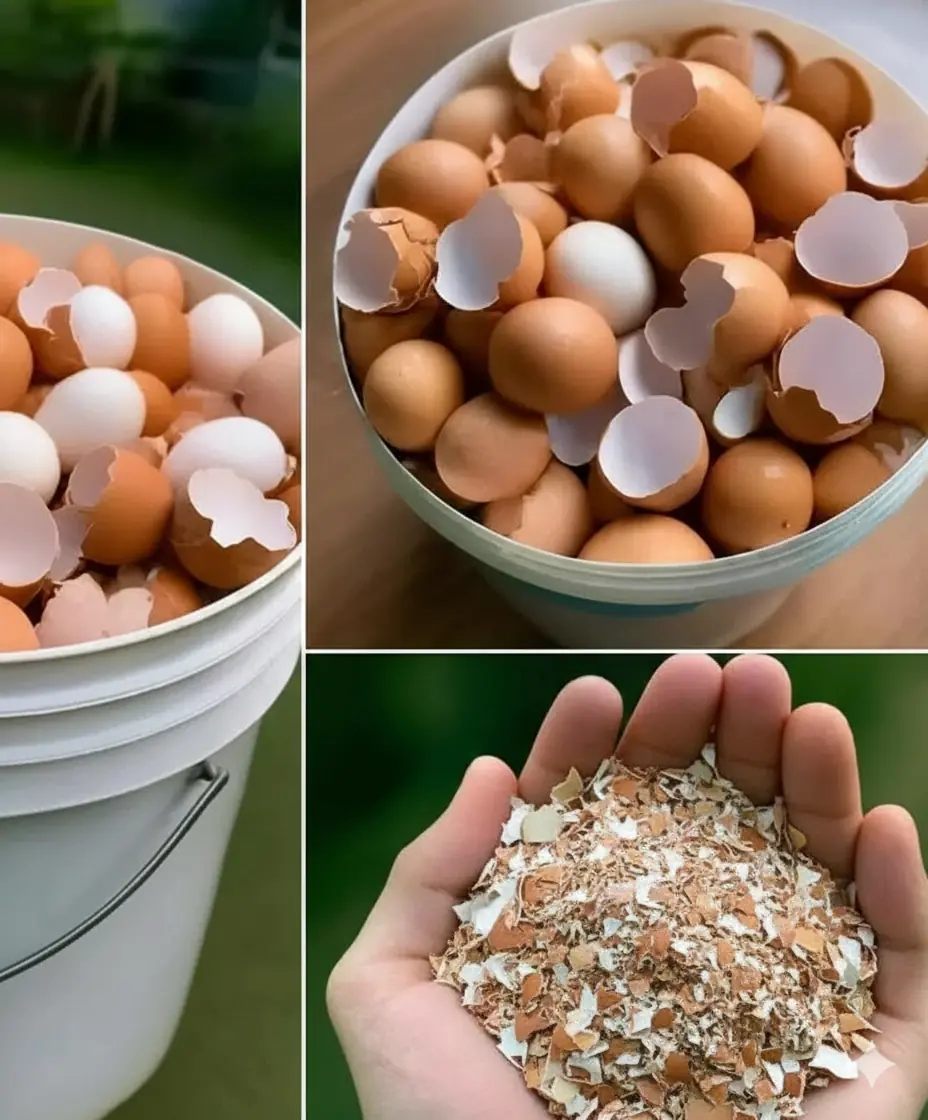
Boil eggshells and say goodbye to waste: The surprising uses you need to know
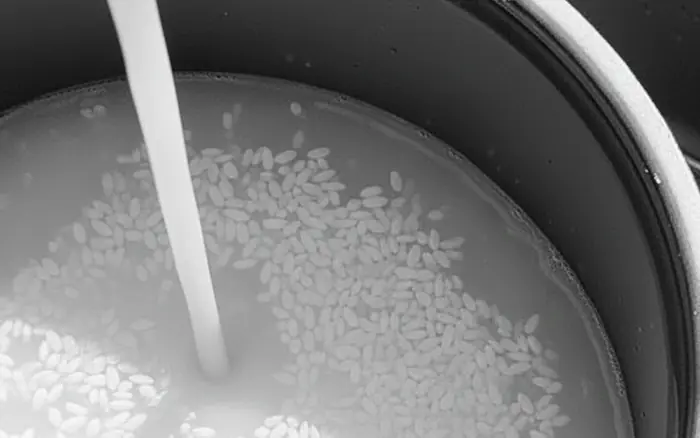
Cooking Rice with This Milky-White Liquid Is Far Better Than Using Plain Water: Tastier Rice, Better Skin, and Protection Against Many Diseases

The First Steps to Take After a Snake Bi:te

Garlic skins may seem useless, but they can be surprisingly helpful in daily life

Mixing Toothpaste with Salt: Surprising Uses and Benefits You Can Try at Home

The ring you pick will reveal your truest trait

The right way to clean your refrigerator’s rubber door seal
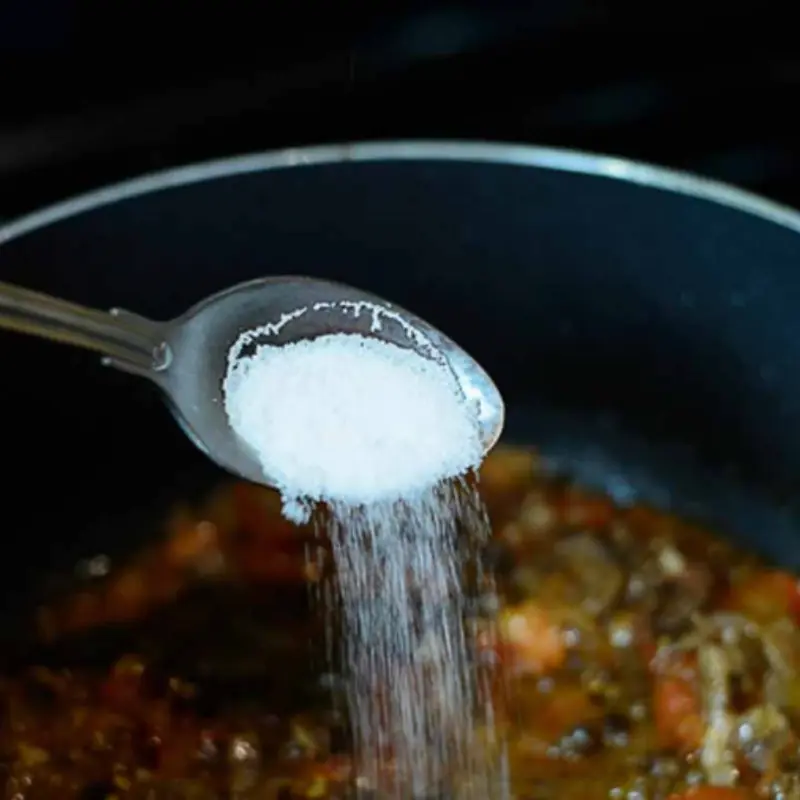
Oversalted your dish? Don’t dilute it with water—add this one ingredient to balance the flavor fast.

Butcher’s Honest Advice: When Buying Pork, It’s Best to Avoid These Three Types — Only the Uninformed Like Them

How to Effectively Remove Black Mold Spots from Household Items
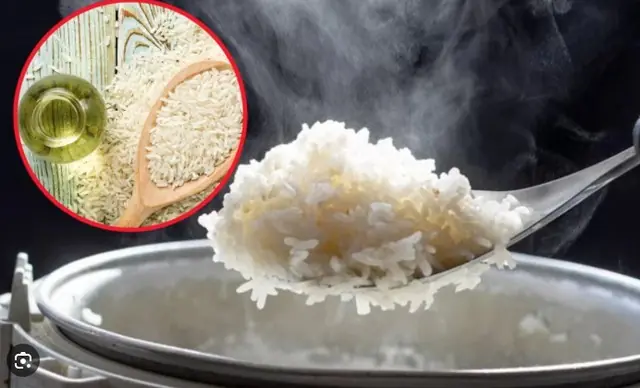
Many people cook rice every day—but still get it wrong: 4 simple tips for tastier rice and better digestion

Little Black Bugs in the Bathroom? Here’s What They Are & How to Get Rid of Them for Good

Add a Few Drops of Oil to an Onion: A Simple Home Trick That Repels Mosquitoes and Improves Sleep

To prevent snakes from entering your house, you can apply the following methods.

Never reheat these 5 items in the microwave!

How to Fix a Weak Toilet Flush at Home - No Technician Needed

This small fridge button can significantly cut your electricity bill
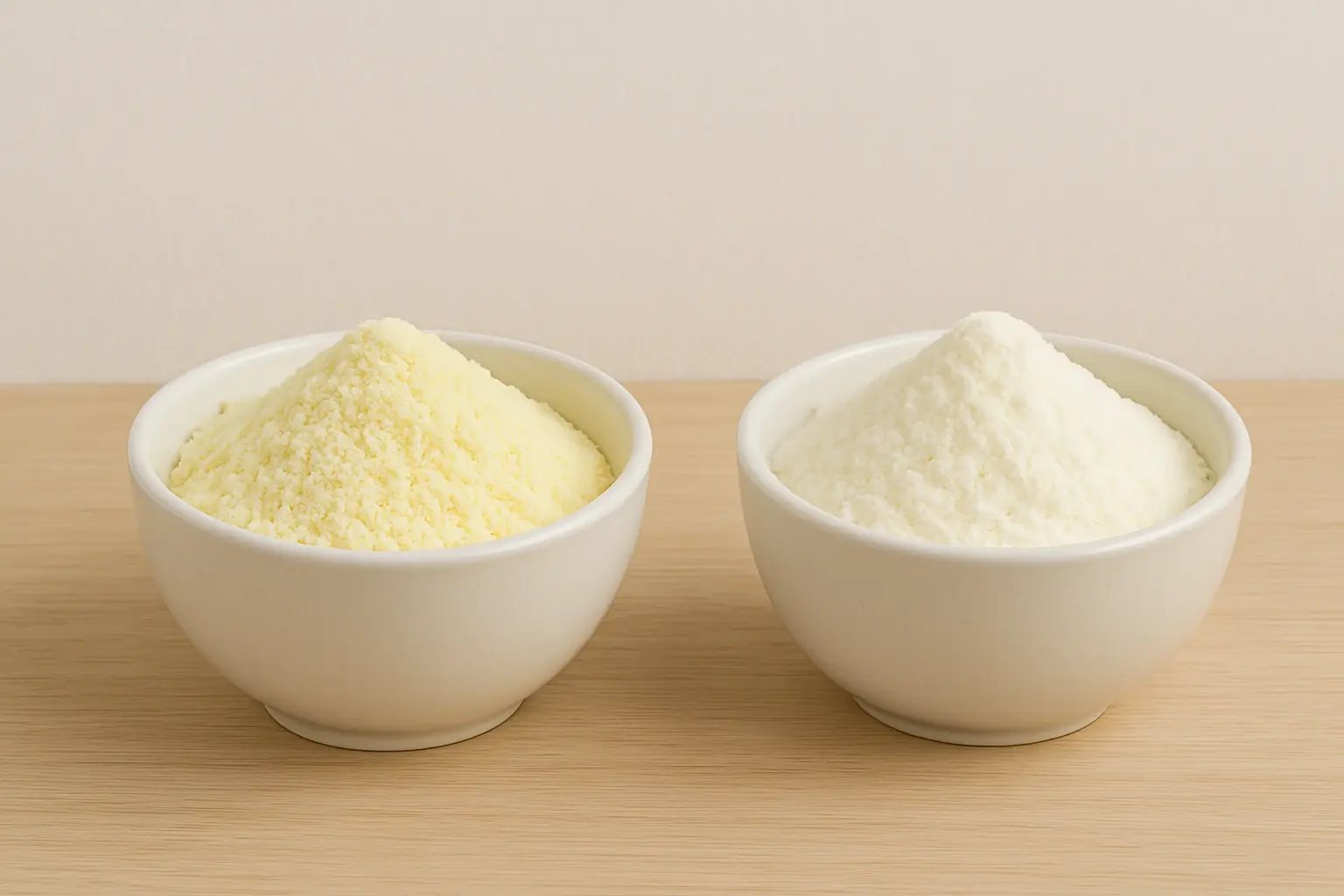
How to Tell Real Baby Formula from Fake: What Every Parent Needs to Know
News Post

A 35-year-old man’s sore throat progressed to can.cer after five chemotherapy rounds. Doctors warn: ditch these two items from your fridge

Five kinds of vegetables may harbor hidden worms. Eating them raw is like swallowing the parasites directly

He drank lemon water daily for two years to reduce his blo.od pressure—and the results surprised everyone.

Doctor’s warning after a 65-year-old’s de.ath: Don’t drink these four types of water at night, even if you’re thirsty.

Creamy Chicken Salad Stuffed Croissants

If you notice any of these 3 urine changes, it’s time to seek medical help—fast.

Can.cer Had Metastasized to Her Liver, Yet a 49-Year-Old Woman Lived Healthily for 8 Years Thanks to One Habit She Never Abandoned

Have you ever wondered why putting garlic at your bed's headboard is so popular?

A 9-Year-Old Girl Was Diagnosed With Cancer Early Thanks to a Habit Her Mother Never Skipped

Eating Three Foods Daily, a 38-Year-Old Man with Stage 4 Kid.ney Failure Sees an Unexpected Turnaround After 8 Months

DOCTORS WARN: CAN.CER CAN START FROM A MOLE – SPREADS EXTREMELY FAST

Don’t Throw Away Expired Fresh Milk — Keep It for These 4 Amazing Uses

A Mother’s Death and a Child’s Coma: The Deadly Cost of a Common “Money-Saving” Habit

Coconut Lime Fish Soup
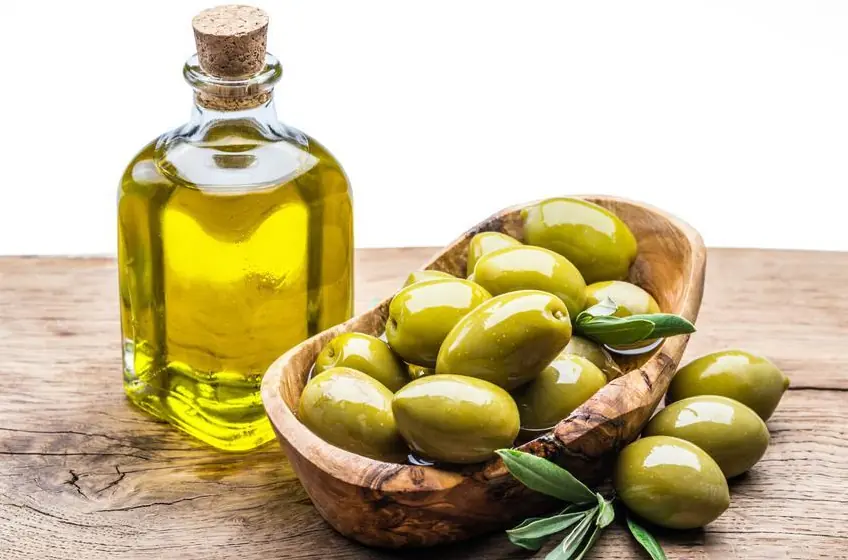
How long can cooking oil be stored after opening? How dangerous is it to consume expired oil?

Don’t let children eat just anything to get through the meal.

Creamy Shrimp Enchiladas

7 Warning Signs That Stomach Disease Has Reached a Severe Stage — Don’t Ignore Even One

Egg & Avocado Breakfast Wrap
